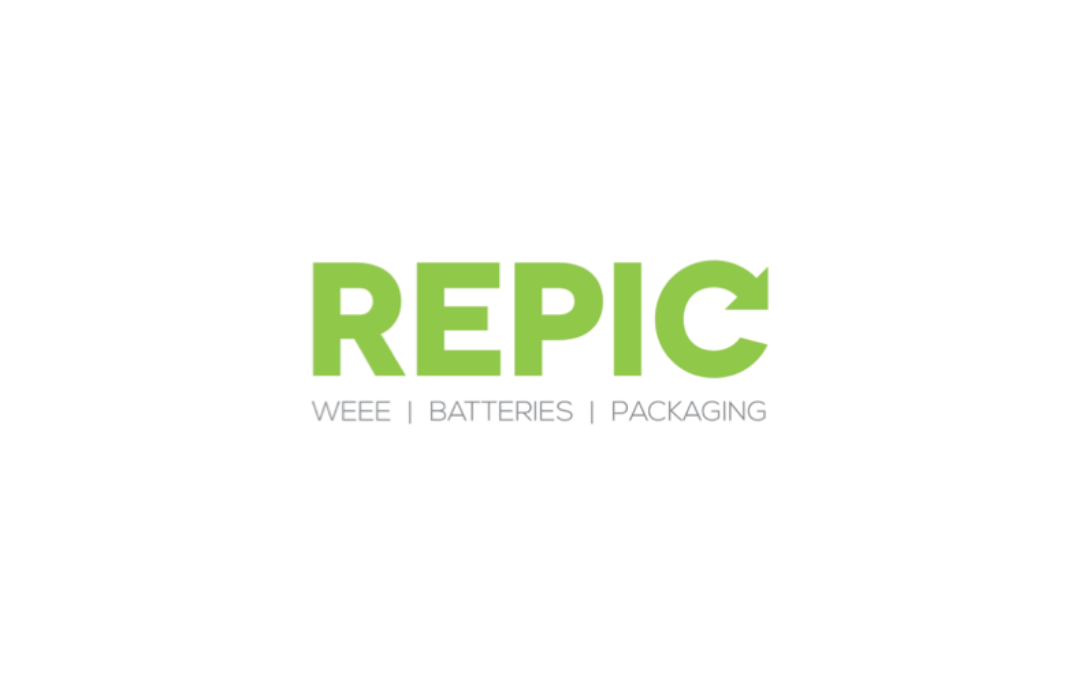UK based project partner REPIC has been actively participating to EU funded projects for several years now and maintains a strong partnership with its fellow CE-RISE partner, the WEEE Forum.

Sarah Downes
I have worked for REPIC as our Environmental Affairs Manager for over 12 years. My role is quite varied. I manage our input to our European projects, look after our Net Zero activity, and input to policy work on Waste Electrical and Electronic Equipment (WEEE). I sit in the ‘Specialists’ team which amuses me as I consider myself a ‘jack of all trades and master of none’.
I have had the privilege of working with the WEEE Forum on a number of projects and initiatives including the WEEE 2020 Commitment on CRMs, leading on the ProSUM project, and project managing the Eco-modulation Task Force.
I am a big believer in the importance of knowledge transfer and the need for collaboration. These Horizon funded projects offer just this opportunity to develop and deliver knowledge and solutions together across sectors and professions, and along the value chain. Working in this way, we can really make a difference.
This project is exceptional in the level of industry partner involvement, and we should use our industry partners to maintain a sense of urgency and practicality to help us bring solutions to the market.

John Burton
I joined REPIC in March 2023 as a Research Analyst. This was a new role to support REPIC’s work on European projects. During this time, I have gained insights into the WEEE sector through research and access to the knowledge and experience of my colleagues.
My role at REPIC involves research, analysis and processing of Electrical and Electronic Equipment (EEE) and WEEE data using my coding and analysis skills. I contribute to research projects in which REPIC participates with certain common themes such as the circular economy, critical raw materials or developing methodologies of disseminating the information which will be necessary for a green and circular transition.
For me, CE-RISE is important in this context, because it will deliver a new information system to aid the adoption of circular strategies throughout the value chain. It will equally create the opportunity to access information about products to help businesses and consumers make an informed and responsible choice for electrical products.
About REPIC
REPIC was founded in 2004 by EEE producers in the UK, in response to the requirements of the original WEEE Directive.
REPIC assists a growing membership in meeting their legal producer responsibility obligations with cost-effective, market-leading compliance solutions for the responsible recycling of WEEE, Portable Batteries and Packaging in the UK and Europe. At the same time we are supporting them in their journey towards delivering circular business models and net zero.
We are proud to be the UK’s leading household WEEE producer compliance scheme, delivering excellence in compliance today while playing a key part in shaping the circular economy of tomorrow.
Why CE-RISE is important to REPIC
Whilst the Ecodesign for Sustainable Products Regulation (ESPR) does not apply to the United Kingdom, the new rules will apply to all products placed on the EU market, whether produced inside or outside the EU. New measures such as the digital product passport will be highly relevant to our producer members.
The UK’s own Energy Related Products Policy Framework aims to:
- Reduce emissions by transforming how products use energy while minimising the disruption to consumers and businesses.
- Reduce the lifetime running costs of products to increase energy bill savings for consumers, businesses and the public sector.
- Build a circular economy in which products are more repairable, durable and recyclable, ensuring maximum retention of value in the economy for as long as possible.
- Drive innovation by optimising smart technology use and instilling incentives for manufacturers to research and develop more efficient technologies.
UK Governments are currently consulting on reforms to the WEEE Regulations which include a Call for Evidence as to how we can encourage better product design, more circular economy business models, and increased levels of re-use.
Future implementation of minimum eco-design requirements in Great Britain are under consideration as set out in the energy-related products policy framework. This includes reviewing the ways in which to provide consumers and businesses with information on the environmental performance of electrical and electronic products; and to explore the role of product passports that relate to critical mineral content.
By participating in CE-RISE we aim not only use our 20 years of industry experience and expertise to support the project researchers but also to gain insights to support our producer members in their journey towards new circular business models.

